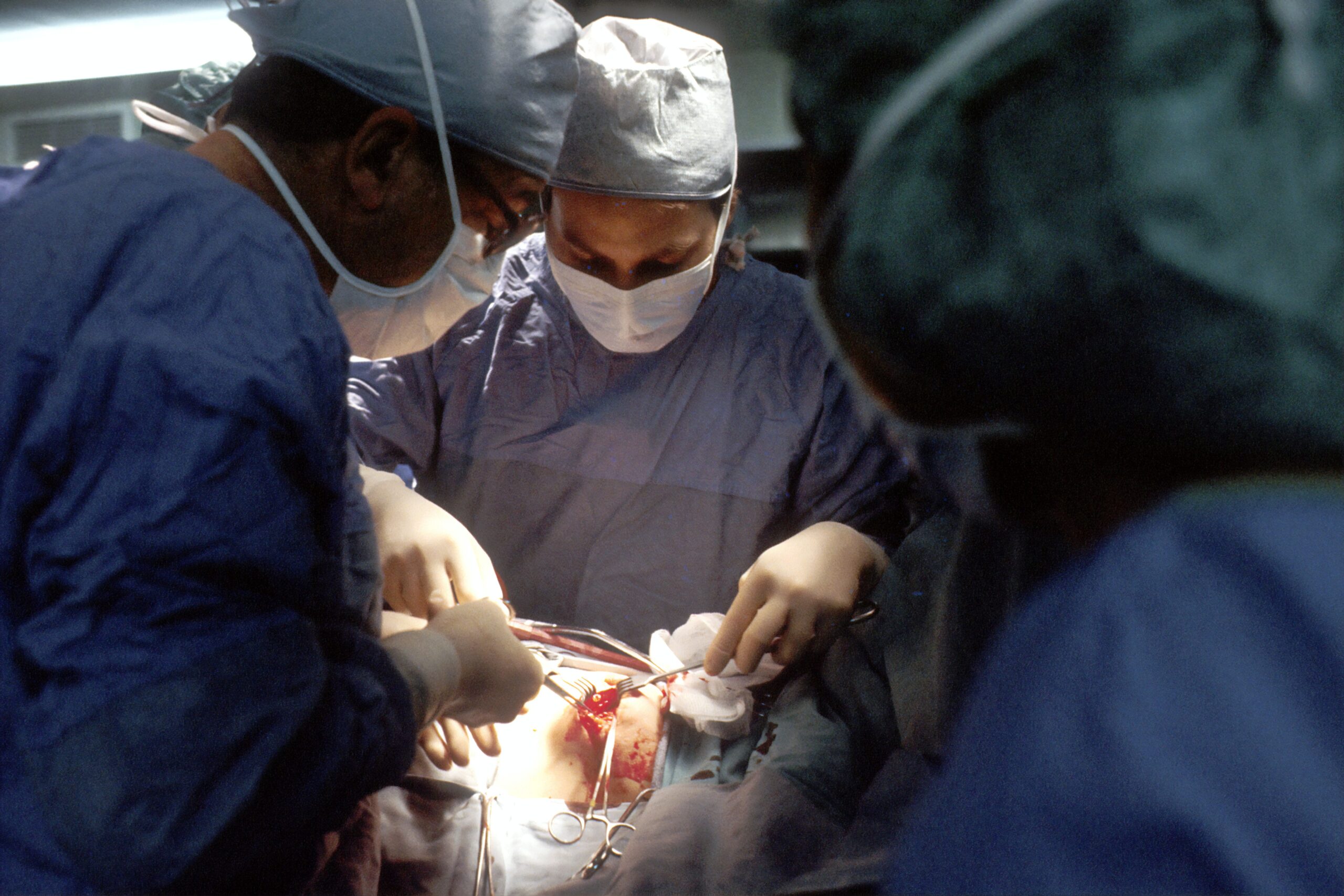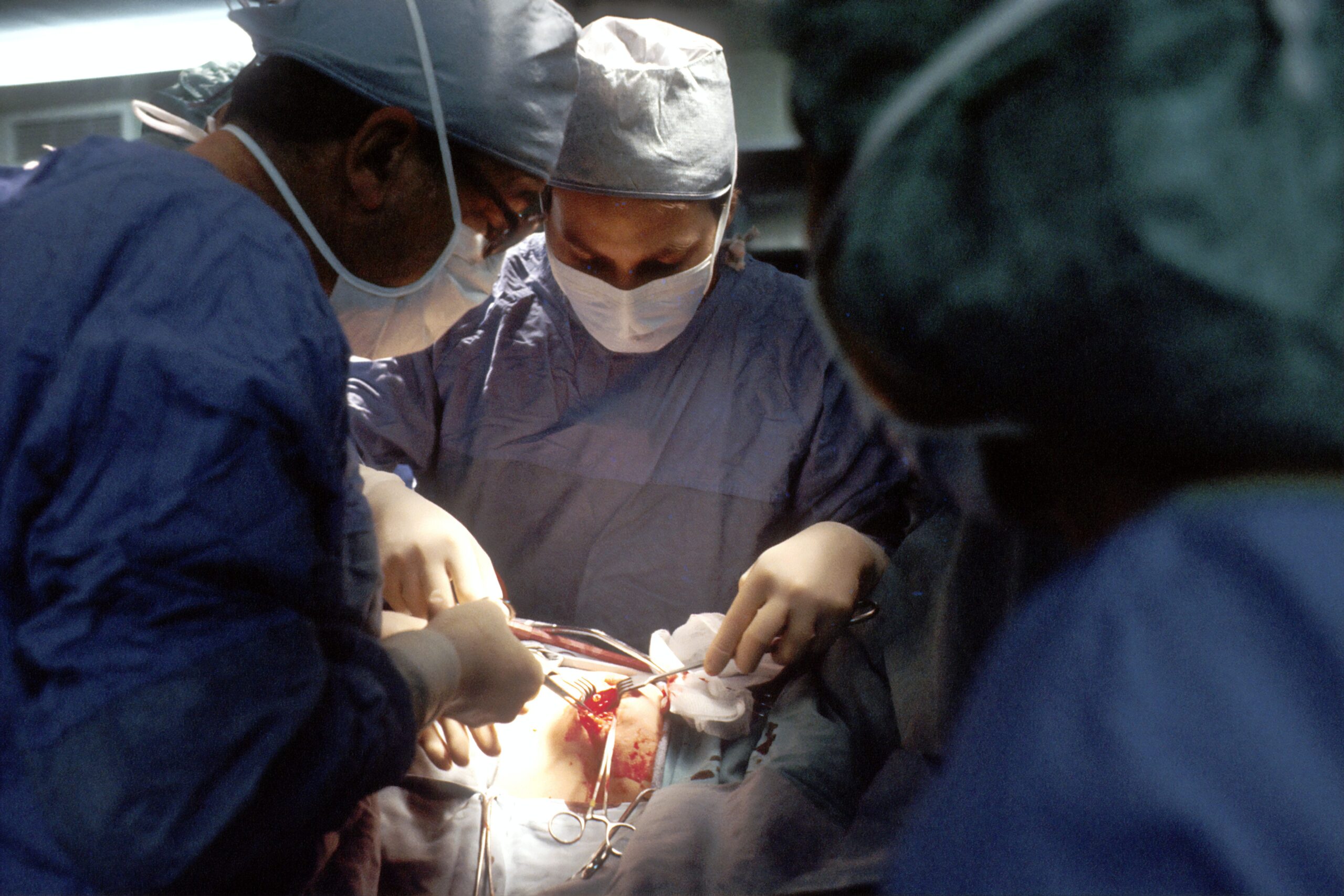Did you know that there may be a connection between prostate health and sexual function? It's true! Many studies have explored the potential link between these two aspects of male health, and the results are quite intriguing. Understanding how the prostate functions and its impact on sexual performance could provide valuable knowledge for men of all ages. So, if you're curious to learn more about this fascinating connection, keep reading!
Understanding Prostate Health
The prostate is a small gland located between the bladder and the penis in males. It is an essential part of the male reproductive system and plays a significant role in both urinary and sexual functions. Prostate health refers to the overall well-being and proper functioning of this gland. It is crucial for men to be aware of prostate health and the common problems associated with it.
Definition of Prostate Health
Prostate health refers to the maintenance of a healthy prostate gland. It involves the prevention and management of various prostate conditions, including infections, enlargement, and cancer. A healthy prostate is essential for proper urine flow, reproductive functions, and sexual pleasure.
Common Prostate Problems
There are several common prostate problems that can arise as men age. These include prostatitis, benign prostatic hyperplasia (BPH), and prostate cancer. Prostatitis refers to the inflammation of the prostate gland and can cause various urinary and sexual symptoms. BPH is the non-cancerous enlargement of the prostate, leading to urinary difficulties. Prostate cancer is the most serious condition and requires early detection and treatment.
Symptoms of Prostate Issues
The symptoms of prostate issues may vary depending on the specific problem. Common symptoms of prostate problems include frequent urination, difficulty starting or stopping urination, weak urine flow, blood in the urine or semen, pain or discomfort in the pelvic area, and erectile dysfunction. It is important to recognize these symptoms and seek medical attention if they persist.
Understanding Sexual Function
Sexual function is an essential aspect of overall well-being and plays a significant role in intimate relationships. It involves the physical, emotional, and psychological processes that enable sexual arousal, desire, and satisfaction.
Definition of Sexual Function
Sexual function encompasses various aspects, including libido (sex drive), arousal, erection, ejaculation, and orgasm. It is the ability to engage in sexual activities and experience pleasurable sensations. Sexual function is influenced by both physiological and psychological factors.
Common Sexual Dysfunctions
Sexual dysfunctions are conditions that interfere with normal sexual function and satisfaction. These may include erectile dysfunction (inability to achieve or maintain an erection), premature or delayed ejaculation, low libido, and orgasmic disorders. These dysfunctions can significantly impact sexual relationships and overall quality of life.
Psychological Effects of Sexual Dysfunction
Sexual dysfunction can lead to psychological distress, affecting self-esteem, body image, and interpersonal relationships. It may cause feelings of inadequacy, frustration, and anxiety. It is important to address these psychological effects and seek appropriate support and treatment.
The Prostate’s Role in Sexual Function
The prostate gland plays a vital role in sexual function, particularly in ejaculation and sexual pleasure. Understanding the biological functions of the prostate can help comprehend its influence on sexual health.
The Prostate's Biological Functions
The primary biological function of the prostate is the production of prostatic fluid. This fluid is mixed with sperm and other components to form semen. The prostate also secretes prostate-specific antigen (PSA), which helps in liquefying the semen after ejaculation.
The Prostate's Role in Ejaculation
During ejaculation, the muscles surrounding the prostate gland contract, allowing the expulsion of semen through the urethra. The prostate gland contributes to the volume and consistency of semen, influencing the intensity of orgasm and sexual pleasure.
How Prostate Issues Can Affect Sexual Pleasure
Prostate issues can disrupt the normal functioning of the gland and impact sexual pleasure. Conditions like prostatitis, prostate cancer, and BPH can cause pain, inflammation, and changes in prostatic fluid composition. These factors may lead to discomfort during sexual activity and potentially affect the intensity of orgasm and sexual satisfaction.
Prostate Health Issues Affecting Sexual Function
Various prostate health issues can have a significant impact on sexual function. It is essential to understand the specific effects and seek appropriate management and treatment.
Prostatitis Influence on Sexual Function
Prostatitis, the inflammation of the prostate, can lead to discomfort and pain during sexual activity. It may cause pain in the genital area, lower back, or pelvic region, making sexual intercourse challenging and less pleasurable. Additionally, prostatitis-related urinary symptoms can also affect sexual functioning.
Effects of Prostate Cancer on Sexual Function
Prostate cancer and its treatments can have a profound impact on sexual function. Surgery, radiation, and hormone therapy are common treatments for prostate cancer, each with its potential side effects. These treatments can lead to erectile dysfunction, decreased libido, dry orgasm, and changes in orgasmic intensity.
Benign Prostatic Hyperplasia (BPH) and Sexual Function
BPH, the non-cancerous enlargement of the prostate, can cause urinary symptoms that can indirectly affect sexual function. The frequent urge to urinate, weak urine flow, and difficulty initiating or maintaining an erection can all impact sexual pleasure and satisfaction.

Treatment for Prostate Health Issues and Impact on Sexual Function
When it comes to managing prostate health issues, treatment options vary depending on the specific condition and its severity. It is essential to understand the potential impact of treatment on sexual function.
Surgical Treatments and Side Effects
Surgical treatments for prostate health issues, such as prostatectomy or transurethral resection of the prostate (TURP), can have a significant impact on sexual function. These procedures may lead to erectile dysfunction, changes in orgasmic intensity, and dry orgasm. It is important to discuss potential side effects with a healthcare professional before undergoing surgery.
Non-Surgical Treatment Options
Non-surgical treatment options, such as medication or lifestyle changes, may be recommended for managing prostate health issues. While these treatments may have a lesser impact on sexual function compared to surgery, they can still affect libido, erectile function, and ejaculation. Discussing the potential side effects and exploring alternative treatment options with a healthcare professional is crucial.
Sexual Side Effects and Management
Being aware of potential sexual side effects and discussing them with a healthcare professional can help in managing them effectively. Various strategies, including medication, therapy, and lifestyle changes, may be recommended to address sexual side effects and improve sexual function post-treatment.
Sexual Function Post Prostate Cancer Treatment
After prostate cancer treatment, it is common for sexual function to be impacted temporarily or permanently. Understanding the timeframe and factors affecting the return of normal sexual function can help manage expectations.
Timeframe for Normal Sexual Function Post-Treatment
The timeframe for the return of normal sexual function post-prostate cancer treatment can vary widely among individuals. It may take weeks, months, or even longer for some men to regain erectile function and sexual desire. It is crucial to be patient and allow time for the body to heal.
Factors Affecting Return of Normal Sexual Function
Several factors can influence the return of normal sexual function after prostate cancer treatment. These include the type of treatment received, the patient's overall health, age, pre-existing sexual function, and the presence of other medical conditions. Discussing these factors with a healthcare professional can provide a better understanding of individual expectations.
Methods to Improve Sexual Function Post-Treatment
Various methods can be employed to improve sexual function post-prostate cancer treatment. These may include the use of medications like phosphodiesterase-5 inhibitors (such as Viagra), vacuum erection devices, penile injections, and counseling. It is important to explore these options and find the most suitable approach for improving sexual function.

Preventing Prostate Problems
Taking preventive measures is crucial to maintain prostate health and reduce the risk of developing prostate problems. Simple lifestyle changes and regular medical check-ups can make a significant difference.
Routine Check-ups and Screenings
Regular check-ups and screenings are essential for early detection of prostate problems, particularly for those at higher risk, such as older men or those with a family history of prostate cancer. Screening tests commonly include a digital rectal exam (DRE) and a prostate-specific antigen (PSA) blood test.
Maintaining a Healthy Lifestyle
Maintaining a healthy lifestyle can positively impact prostate health. This includes exercising regularly, eating a balanced diet rich in fruits and vegetables, reducing alcohol consumption, not smoking, and managing stress levels. Maintaining a healthy weight is also important as obesity has been linked to an increased risk of prostate problems.
The Role of Diet and Exercise
A healthy diet and regular exercise can contribute to prostate health. Consuming a diet rich in antioxidants, omega-3 fatty acids, and nutrients can provide protection against prostate problems. Exercise, particularly aerobic activities and strength training, can help maintain overall health and reduce the risk of developing prostate problems.
The Psychological Impact of Prostate Health on Sexual Function
Prostate health issues can have a significant psychological impact, specifically on sexual function. Understanding and addressing these psychological effects are crucial for overall well-being and maintaining healthy relationships.
Impact on Self-esteem and Relationships
Prostate health issues can impact a man's self-esteem and self-perception as a sexual being. Experiencing sexual dysfunction or changes in sexual function can lead to feelings of inadequacy and loss of confidence. It is important to communicate openly with partners and seek support to maintain healthy relationships.
Managing Anxiety and Depression Related to Sexual Dysfunction
Sexual dysfunction resulting from prostate health issues can lead to anxiety and depression. These psychological conditions can further worsen sexual function and overall quality of life. Seeking professional help through therapy, counseling, or support groups can assist in managing anxiety and depression related to sexual dysfunction.
Finding Support and Counseling
Finding support from healthcare professionals, support groups, or counselors specialized in sexual health can be beneficial for individuals experiencing prostate health-related sexual dysfunction. These resources can provide guidance, reassurance, and strategies to cope with the challenges and maintain a positive outlook.
Research on Prostate Health and Sexual Function
Extensive research has been carried out to understand the link between prostate health and sexual function. Researchers have explored various aspects of prostate health, sexual dysfunction, and the impact of treatments on sexual function.
Overview of Past Studies
Past studies have highlighted the association between prostate health issues and sexual dysfunction. They have examined the prevalence of sexual dysfunction among men with prostate problems, the specific effects of different prostate conditions on sexual function, and the efficacy of various treatments in managing sexual dysfunction.
Latest Research Findings
Recent research has focused on exploring new treatment options, improving surgical techniques, and evaluating the impact of lifestyle modifications on sexual function. Studies have also investigated the psychological and emotional aspects of sexual dysfunction related to prostate health issues. These findings continue to contribute to the understanding and management of prostate health and sexual function.
Gaps in Current Research
While significant progress has been made in understanding the link between prostate health and sexual function, there are still gaps in current research. Topics such as the long-term effects of specific treatments on sexual function, the impact of emerging therapies, and the effectiveness of psychological interventions for sexual dysfunction require further investigation.
Expert Opinion on Prostate Health and Sexual Function
Experts in the fields of urology, psychology, and general medicine offer valuable insights into the link between prostate health and sexual function. Their perspectives shed light on the complex interplay between physical and psychological factors.
Insights from Urologists
Urologists, who specialize in the diagnosis and treatment of prostate health issues, provide expertise on the physiological aspects of prostate function and its impact on sexual health. They offer insights into the various treatment options available and the potential effects on sexual function.
Psychologists' Perspective on the Psychological Impacts
Psychologists specializing in sexual health and counseling have expertise in addressing the psychological impacts of prostate health on sexual function. They can provide strategies to manage anxiety, depression, and relationship challenges arising from sexual dysfunction. Their perspective is essential in a holistic approach to prostate health and sexual well-being.
What General Practitioners Are Saying
General practitioners often play a crucial role in the early detection and management of prostate health issues. They provide a comprehensive perspective on the link between prostate health and sexual function, offering guidance on preventive measures, routine screenings, and referral to specialists when necessary.
In conclusion, there is undoubtedly a link between prostate health and sexual function. Understanding the role of the prostate in sexual function, the impact of various prostate conditions on sexual pleasure, and the potential effects of treatments is essential for men's overall well-being. By promoting preventive measures, seeking appropriate medical care, and addressing psychological impacts, men can maintain prostate health and enjoy a fulfilling sexual life. Ongoing research and expert opinions continue to contribute to our understanding of this important topic.


